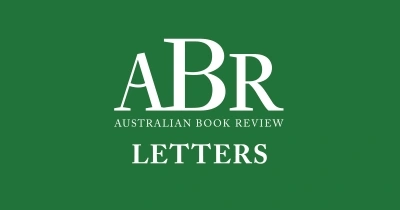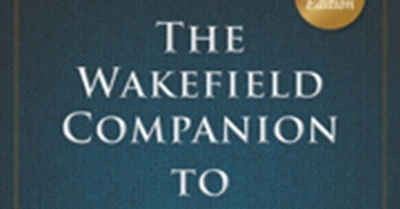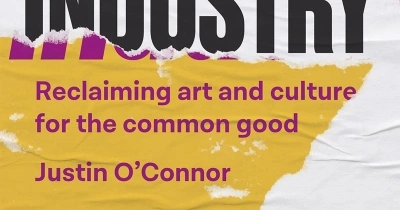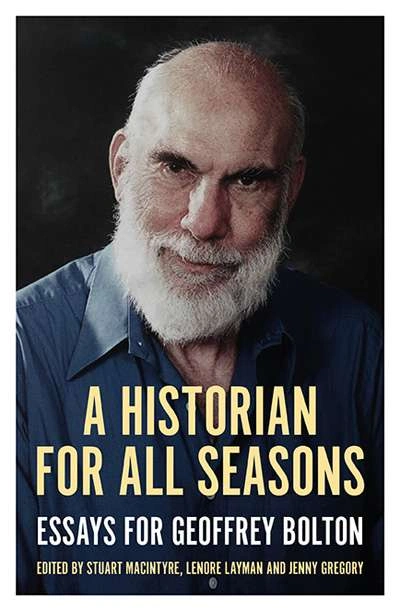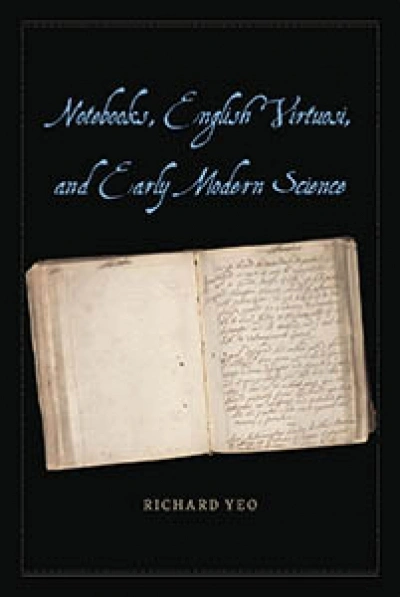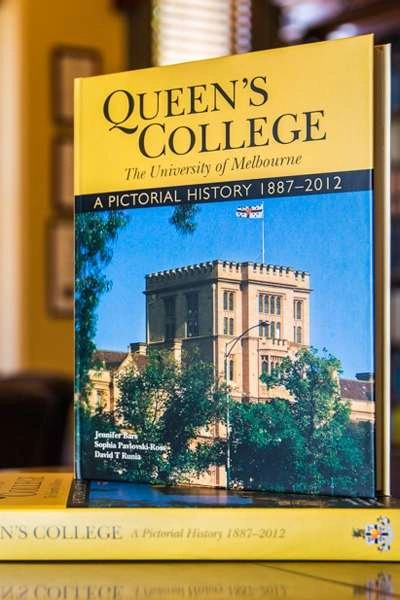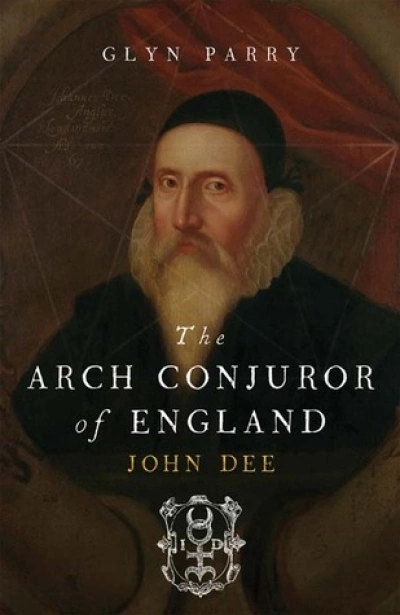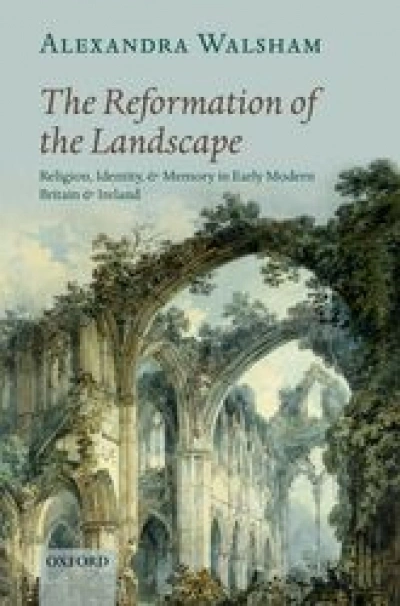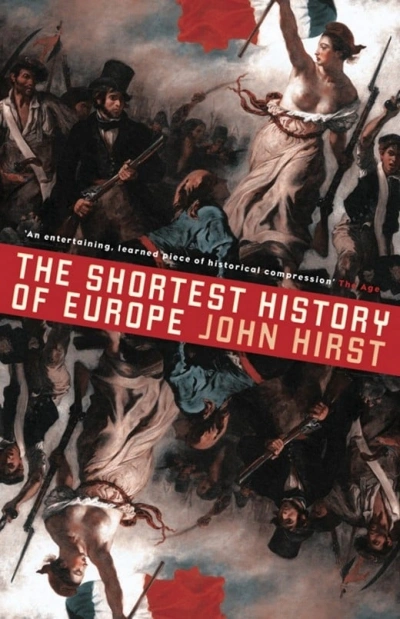Wilfrid Prest
The Wakefield Companion
Dear Editor,
Bob Ellis’s disappointment with the new edition of The Wakefield Companion to South Australian History, reviewed by Frank Bongiorno (ABR, April 2025), is naturally disappointing to me as general editor. But in justice to the contributors, Aboriginal and non-Aboriginal, his claim that our work deals largely with ‘European items of interest and Eastern European [sic] artists’ is simply puzzling. This especially when the first eleven articles range from ‘Aboriginal −European Frontier Conflict’ through ‘Aboriginal Histories’ and ‘Aboriginal Land Rights’ (including a whole paragraph on native title) to ‘Aborigines Protection Board’.
... (read more)Essays That Changed Australia: Meanjin 1940 to today edited by Esther Anatolitis
by Wilfrid Prest •
The Wakefield Companion to South Australian History: Second Edition edited by Wilfrid Prest
by Frank Bongiorno •
Culture is Not an Industry: Reclaiming art and culture for the common good by Justin O’Connor
by Wilfrid Prest •
A Historian for all Seasons: Essays for Geoffrey Bolton edited by Stuart Macintyre, Lenore Layman, and Jenny Gregory
by Wilfrid Prest •
Notebooks, English Virtuosi, and Early Modern Science by Richard Yeo
by Wilfrid Prest •
Queen's College the University of Melbourne: A pictorial history 1887–2012 edited by Jennifer Bars, Sophia T. Pavlovski-Ross, and David T. Runia
by Wilfrid Prest •
The Reformation of the Landscape: Religion, Identity, and Memory in Early Modern Britain and Ireland by Alexandra Walsham
by Wilfrid Prest •


